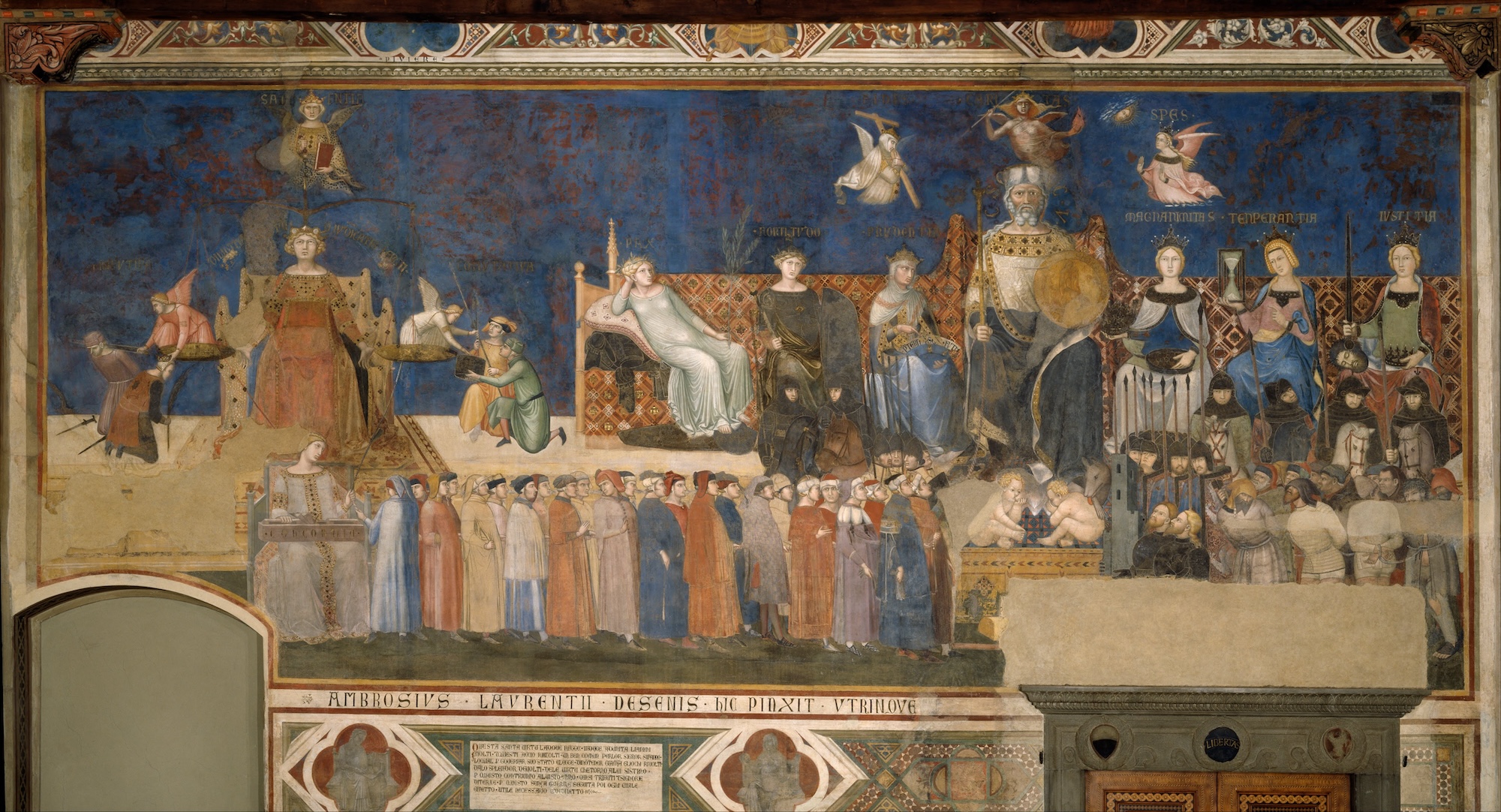Why trust is essential for democracy, and how we can build it
Baudouin de Hemptinne, MPP class of 2022, explains why trust is so crucial for maintaining healthy democracies and how grassroots communities are where we should invest to rebuild our trust in one another.

The security of our societies extends beyond simply defending against threats. In its broadest sense, it includes social cohesion and the ability of citizens to cooperate in pursuit of common goals – in a word, trust.
Belgium’s National Security Strategy states that the health of our democracy lies at the heart of the country’s strategic challenges. The strategy argues that, in a democratic context, comprehensive security “requires an integrated political approach in which all operators and sectors contribute their specific expertise. This is not only an essential mission for public authorities but also a shared social responsibility.”
The importance of trust
Strengthening trust within society is the most effective way to address the systemic challenges of our time. High levels of trust—both among people and in institutions—is what makes democratic systems functional and ensures security. Trust is primarily built through local relationships. This is why we must bolster the role of intermediary bodies and local politics.
The latest Eurobarometer survey, from May 2025, reveals encouraging news: trust in European institutions is at its highest level since 2007, with 52% of European citizens expressing confidence in the European Commission. Trust in national parliaments and governments, however, remains lower, at around 36–37%, with distrust hovering near 60%. Belgians fare slightly better than the European average, with 42–44% expressing trust in their parliament and government.
The political scientist Pierre Rosanvallon likens trust to an “invisible institution”, much like authority and legitimacy. It is an institution because it fosters “integration, cooperation, and regulation, structuring the social world”. It is invisible because “it is not defined by rules or statutes”. For Rosanvallon, invisible institutions such as trust are essential for the functioning of society. Trust is the oil of the democratic engine, it coordinates the actions of public and private actors, synchronises social endeavours, and amplifies the impact of every citizen. The capital of trust that exists between citizens, between citizens and their institutions, and between different institutional actors and nations enables policies, reforms, measures, and strategies to achieve their objectives. Rosanvallon writes that these invisible institutions “reduce the uncertainty inherent in social life and simultaneously simplify its understanding. They open up or close off possibilities; they establish or undermine empires; they decide the outcome of battles; they enable or block reforms. Sometimes they manifest themselves in voter turnout, stock prices, or exchange rates.”
A parliament composed of the most committed and diligent representatives, or a government staffed by the best experts and visionaries, cannot successfully implement reform without decent levels of trust in society.
Policies may be designed with great insight and foresight, but without the necessary credibility, the desired results will not follow. For example, Paul De Grauwe and Yuemei Ji have shown that the effectiveness of central banks in reducing inflation and stabilising economic activity is substantially greater in contexts of trust than in those of distrust towards these institutions.
Building trust from the ground up
To prepare for the systemic risks we face, investing in trust is the key strategic move to enhance our resilience. Trust is built first and foremost through local relationships—within intermediary bodies (associations, clubs, families, friendships, etc.) and through local politics. For two major challenges of the coming decades—climate change and demographic shifts—it is the resilience of local networks that will make the difference.
The importance of local knowledge makes intuitive sense. After all, at what level is there better knowledge of a population’s needs and capacities to adapt to natural disasters than at the local level? When it comes to demographic challenges, are not social, sporting, and cultural associations on the front line in identifying the needs of ageing populations in certain areas and devising solutions? For migration, beyond debates about numbers, the essential question is most often how to integrate newcomers into social and professional life. Again, success depends on intimate knowledge of each local context.
To meet the systemic challenges of modern democracies we must strengthen the role of intermediary bodies and local politics. This looks like delegating certain responsibilities, and increasing funding for intermediary bodies and local authorities through grants or tax incentives. In particular, for climate adaptation and social integration, it would be wise to highlight the responsibility of local governments, cultural, sporting, and social associations, small businesses, trade unions, families, and religious communities.
At a time when complexity in all areas is reaching unprecedented levels, trust is more necessary than ever. The more complex the issues, the more we must rely on the work of others without being able to control or verify everything. It is local organisations that enable citizens to develop shared narratives and achieve a common understanding of current challenges. Building a sense of community begins with dialogue, for truth in the social sciences is relational, unlike in the natural sciences. By delegating responsibilities to local relationships, we allow trust to emerge and resilience to be built through interpersonal networks.

